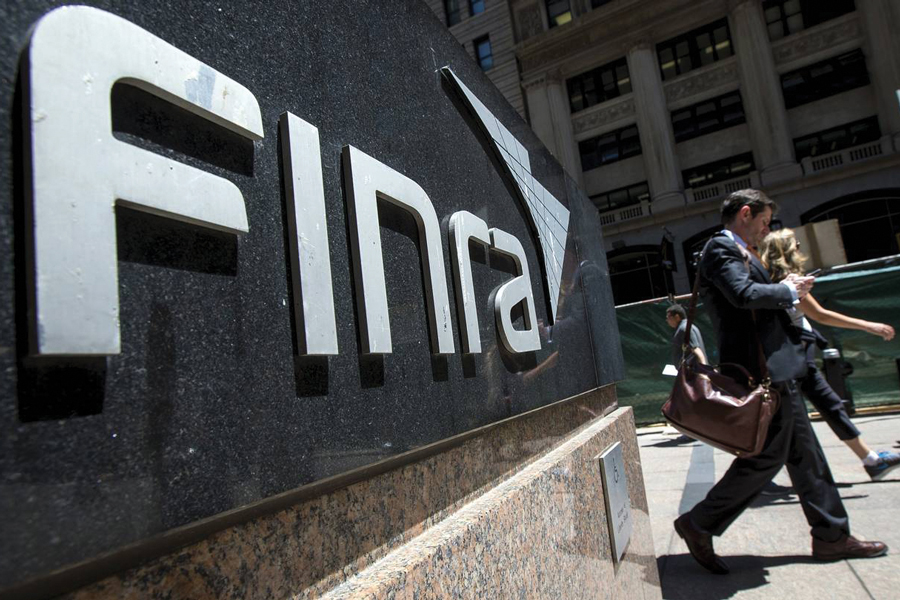

The Financial Industry Regulatory Authority Inc. on Friday suspended for three months a former Merrill Lynch broker after it found that he didn't report felony charges stemming from a 2020 arrest for marijuana possession.
The broker, Shaiful Chowdhury, was arraigned in Kings County Criminal Court in Brooklyn, New York, on Feb. 25, 2020, and charged with two felonies, according to the Finra settlement. According to the New York state unified court system website, he was charged with criminal possession of 10 pounds of marijuana and has a future court date.
Chowdhury did not timely disclose the issue on his employment history forms, known as the U4, according to Finra. He twice answered "no" to the question of whether he had ever been charged with a felony on the employment form before Merrill Lynch discovered the felonies after performing a routine background check after his arrest.
Chowdhury was also fined $5,000, according to Finra. As is usual in such settlements, he did not admit or deny Finra's findings.
A call Monday morning to his attorney, Douglas Rankin, was not returned. A Merrill Lynch spokesperson decline to comment.
Chowdhury was registered with Merrill Lynch through January; brokers and advisers facing such criminal matters are typically placed on unpaid leave while the issue is investigated.
He was arrested just a month after he started working at Merrill Lynch in January 2020 in Bayside, Queens. Prior to that, Chowdhury was a broker at J.P. Morgan Securities for six years.

Integrated Partners is adding a mother-son tandem to its network in Missouri as Kestra onboards a father-son advisor duo from UBS.

Futures indicate stocks will build on Tuesday's rally.

Cost of living still tops concerns about negative impacts on personal finances

Financial advisors remain vital allies even as DIY investing grows

A trade deal would mean significant cut in tariffs but 'it wont be zero'.
RIAs face rising regulatory pressure in 2025. Forward-looking firms are responding with embedded technology, not more paperwork.
As inheritances are set to reshape client portfolios and next-gen heirs demand digital-first experiences, firms are retooling their wealth tech stacks and succession models in real time.
